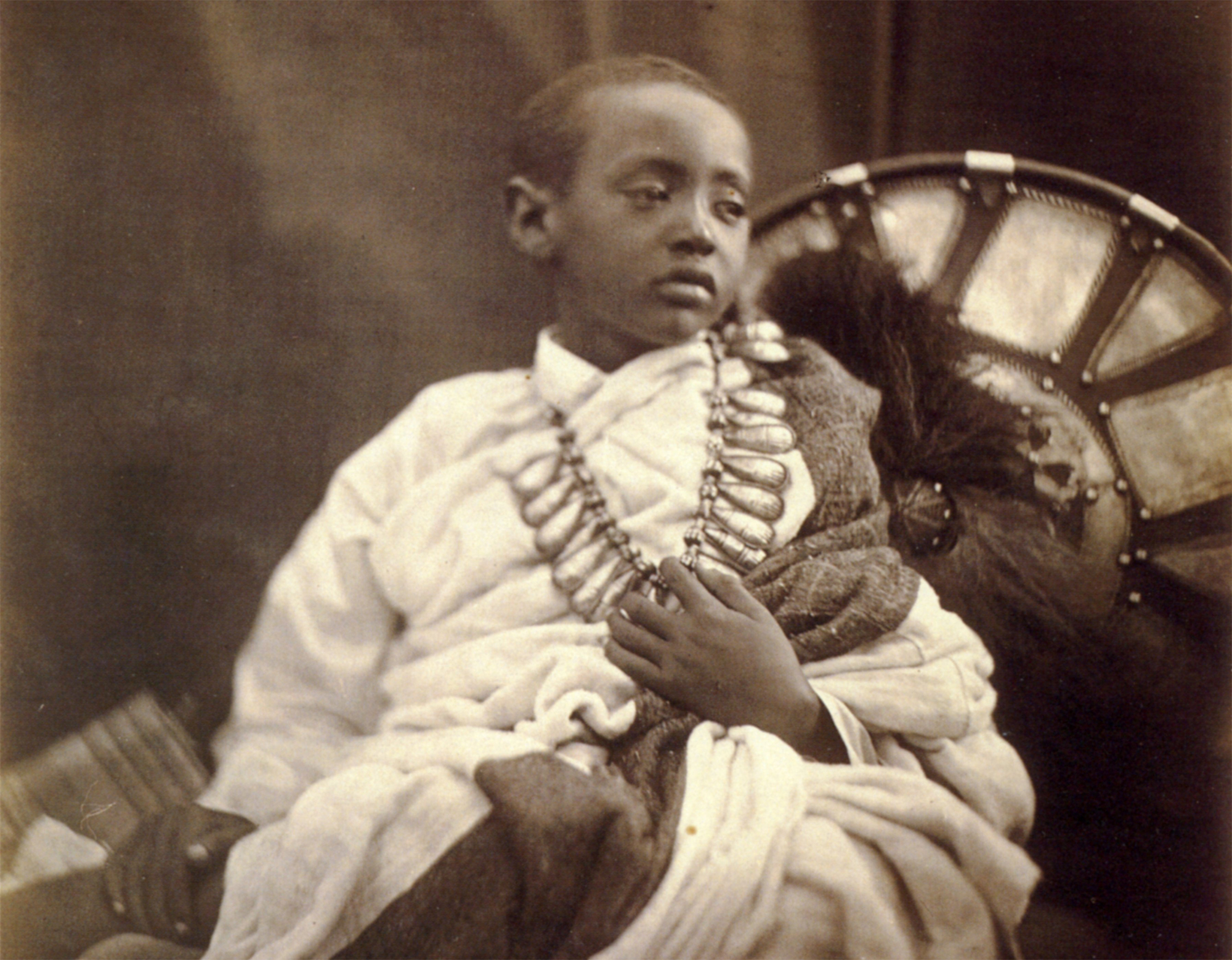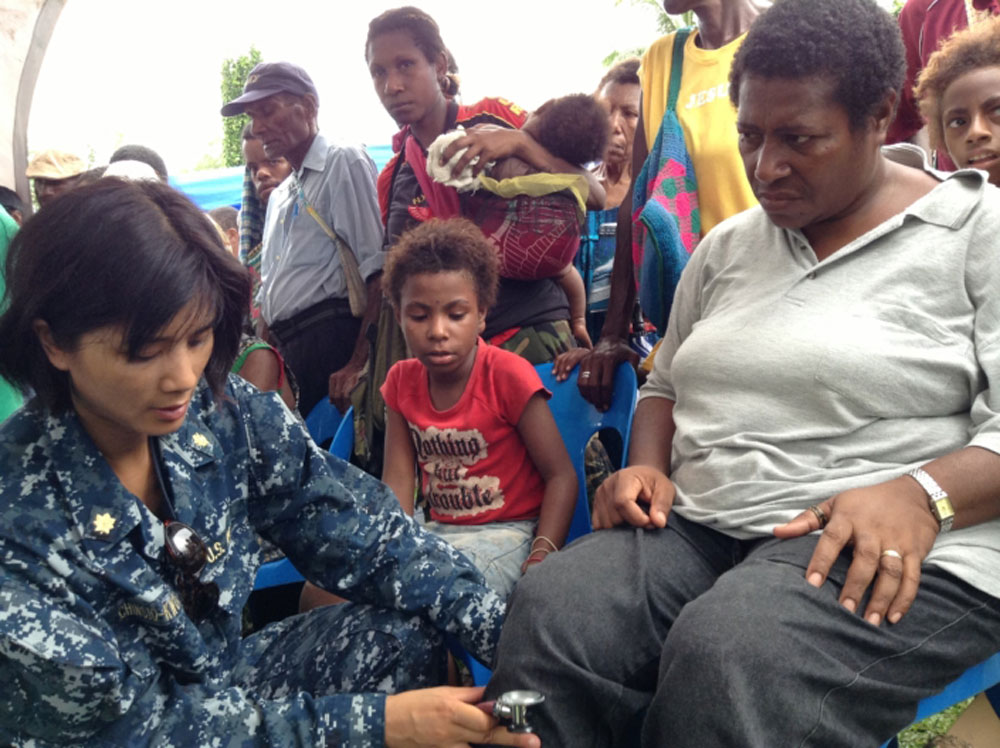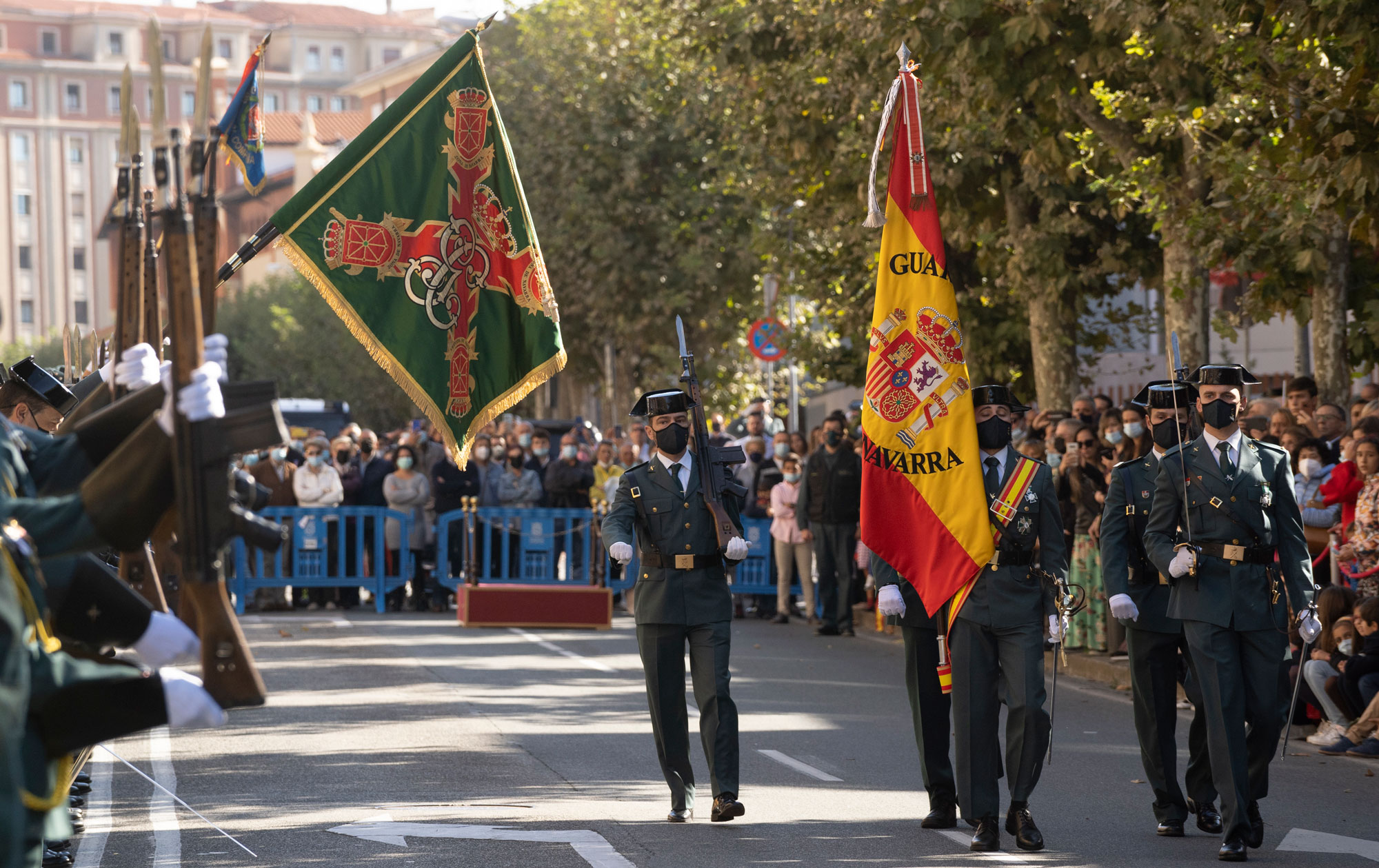Sadness of Prince Alemayehu
- The British kidnapped and brought Britain in 1868 to the empress of Tiruwork Wube Abyssinia and his son, Prince Alemayehu, as a punishment for that African empire. What was behind the child's "melancholic face"?

Abyssinia, 1868. The British army attacked the African empire to punish Emperor Theodore II and, by the way, to demonstrate strength to other European powers. The British exterminated and spurred the city of Magdala. Emperor Theodoro committed suicide, but the British kidnapped Empress Tiruwork Wube and his son, Prince Alemayehu, and took them to Britain, along with a large part of Abyssinia’s heritage. He died on the way to Empress. The prince was seven years old.
Queen Victoria highlighted the evil eye of the child when she met him. He left his formation in the hands of Captain Tristam Speedy. Speedy traveled with him around the world, almost like a pet. The royal family then decided that the African prince should receive formal training. Rugby was first admitted to private school and then to the Sandhurst military academy, where Alemayehu suffered violent persecution.
When she was 18, she lost the support of the royal family and was transferred to Leeds, home of Dr. Arthur Ransome. Shortly after he died of pleuresis.
“So sad! Only in a foreign country, no family. He didn't have a happy life. He was so sensitive, he always thought that people looked at him badly because of the color of his skin,” Queen Victoria wrote in her day to day, as if she had no responsibility for the prince’s misfortune, and that the assaults suffered were an impression of the boy.
Alemanayehu was buried in Windsor Castle, but not in the royal crypt, but in the adjacent catacombs. The heirs of the Alemayehu family and the representatives of Ethiopia have taken advantage of the fact that the new crown monarch Charles III for the umpteenth time expressed his good intentions of repairing the colonialist past have returned to their native people. And for the umpteenth time they have denied the petition, arguing “the responsibility to preserve the dignity of the dead”, forgetting to qualify “only the dignity of some dead”.
I just saw a series from another sad detective. All the plots take place on a remote island in Scotland. You know how these fictions work: many dead, ordinary people but not so many, and the dark green landscape. This time it reminded me of a trip I made to the Scottish... [+]
In 2017, Indonesia and the Netherlands signed an agreement to return the heritage stolen by the European country because of colonialism for three centuries. The Indonesian responsible for the return process, Gusti Agung Wesaka Puja, explained that this agreement "was important in... [+]
The Centre Tricontinental has described the historical resistance of the Congolese in the dossier The Congolese Fight for Their Own Wealth (the Congolese people struggle for their wealth) (July 2024, No. 77). During the colonialism, the panic among the peasants by the Force... [+]
New York, 1960. At a UN meeting, Nigeria’s Foreign Minister and UN ambassador Jaja Wachucu slept. Nigeria had just achieved independence on 1 October. Therefore, Wachuku became the first UN representative in Nigeria and had just taken office.
In contradiction to the... [+]
Washington (EE.UU. ), 1807. The US Constitution banned transatlantic slave trade. This does not mean that slavery has been abolished, but that the main source of the slaves has been interrupted. Thus, slave women became the only way to “produce” new slaves.
So in 1845, in... [+]
It is no coincidence that Columbus Day, that of the Civil Guard and the Virgen del Pilar coincided on that date. The three represent oppressive structures (statue, army and church). On the other hand, there is indigenous resistance and population that the Spanish State... [+]
























